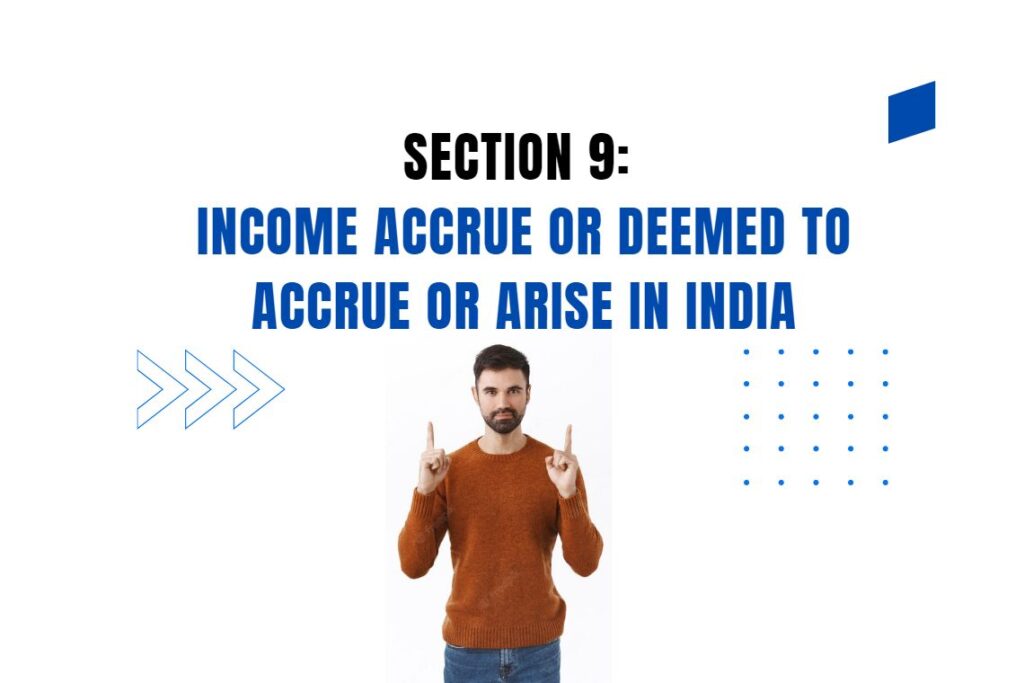Section 10(10A) of the Income Tax Act in India relates to the tax treatment of payments made in commutation of pension received by employees. Commutation of pension refers to the lump-sum payment that an employee receives in lieu of a portion of their regular pension. Here’s an overview of Section 10(10A):
Payment in commutation of pension received by the employees is exempt from income tax up to a certain limit under Section 10(10A) of the Income Tax Act, 1961.
Exemption Limit:
The exemption limit is as follows:
- Central Government employees: Entire amount of the commuted pension is exempt.
- State Government employees: Entire amount of the commuted pension is exempt.
- Employees of local authorities and statutory corporations: Entire amount of the commuted pension is exempt.
- Other employees:
(i) 1/3rd of the total amount of the commuted pension, or
(ii) 50% of the total amount of the commuted pension, if the employee does not receive any gratuity.
If the commuted pension exceeds the exemption limit, the excess amount is taxable as income.
To avail the exemption under Section 10(10A), the employee must submit a declaration to the employer at the time of commutation of pension. The declaration must state that the employee has not received any gratuity from the employer.
Examples:
Here are some examples of cases where the exemption under Section 10(10A) will be available:
- A central government employee receives a commuted pension of Rs. 10 lakh. The entire amount of the commuted pension will be exempt from income tax.
- A state government employee receives a commuted pension of Rs. 5 lakh. The entire amount of the commuted pension will be exempt from income tax.
- An employee of a local authority receives a commuted pension of Rs. 3 lakh. The entire amount of the commuted pension will be exempt from income tax.
- An employee of a private company receives a commuted pension of Rs. 6 lakh. One-third of the commuted pension, i.e., Rs. 2 lakh, will be exempt from income tax.
- A private sector employee who retires from service and opts to commute a portion of their pension would be exempt from income tax on the lower of 1/3rd of the total amount of the commuted pension or 50% of the total amount of the commuted pension, if they do not receive any gratuity. If the commuted pension exceeds the exempt limit, then the excess amount would be taxable as income from salaries.
The exemption under Section 10(10A) is a significant benefit for employees who opt to commute their pension. It helps to reduce their tax burden and provides them with a lump sum amount of money that they can use for their retirement needs.



![Residential Status [Sections 5 to 9B]](https://incometaxmanagement.in/wp-content/uploads/2023/09/Residential-Status-Sections-5-to-9B-1024x683.jpg)

![EXEMPTED INCOMES [Section – 10, 10AA, 11 to 13A]](https://incometaxmanagement.in/wp-content/uploads/2023/09/Exempted-Incomes-Section-10-1024x683.jpg)

![Income of an Electoral Trust shall be Exempt [Section 13B]](https://incometaxmanagement.in/wp-content/uploads/2023/10/61-Exempted-Incomes-Section-13B-1024x683.png)
![Incomes of Political Parties [Section-13A]](https://incometaxmanagement.in/wp-content/uploads/2023/10/60-Exempted-Incomes-Section-13A-1024x683.png)
![Special Provisions in respect of Newly-established Units in Special Economic Zones (SEZ) [Section-10AA]](https://incometaxmanagement.in/wp-content/uploads/2023/10/59-Exempted-Incomes-Section-10AA-1024x683.png)
![Exemption in respect of income chargeable to Equalization Levy [Section 10(50)]](https://incometaxmanagement.in/wp-content/uploads/2023/10/58-Exempted-Incomes-Section-1050-1024x683.png)
![Income of a Developmental Financing Institution (DFI) to be Exempt [Section 10(48E)]](https://incometaxmanagement.in/wp-content/uploads/2023/10/57-Exempted-Incomes-Section-1048E-1024x683.png)
